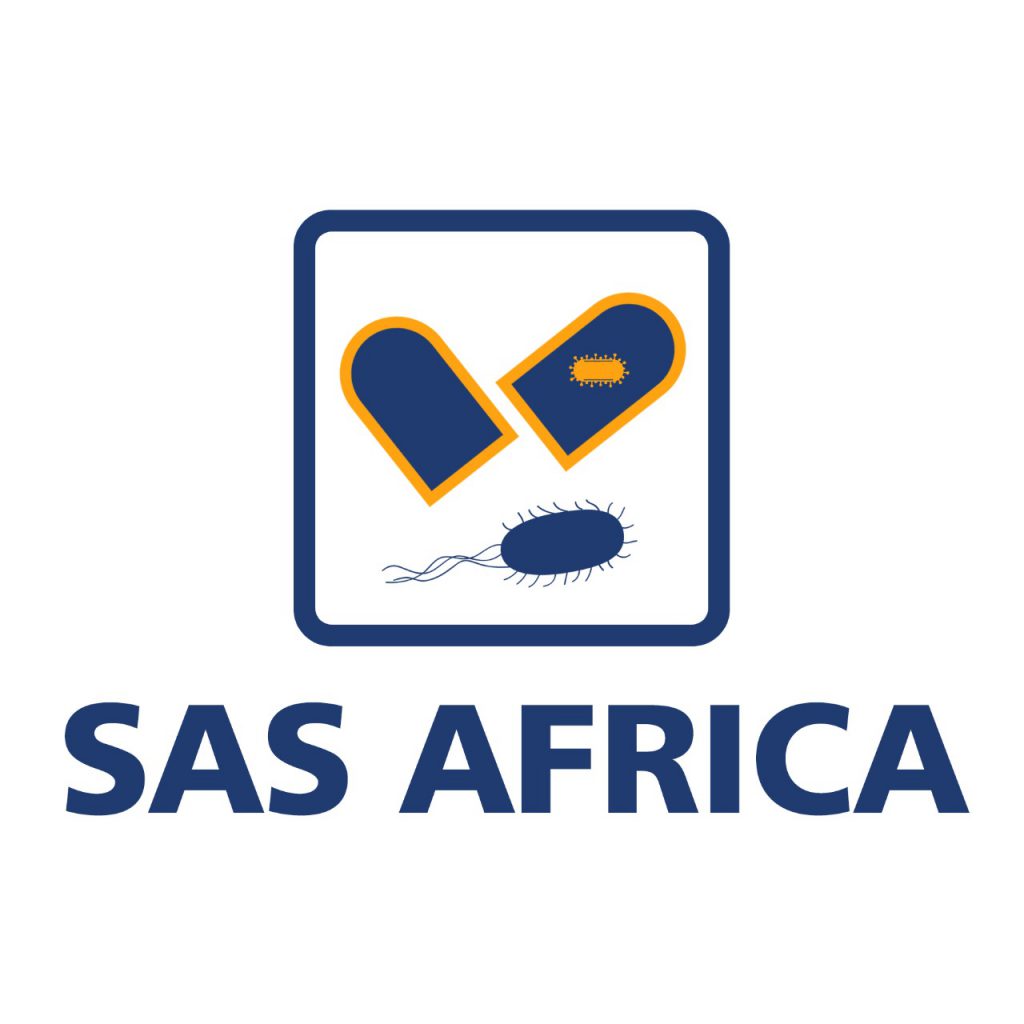By Martha Davies-Branch
The demand for meat and fish is rapidly increasing alongside an ever-growing global population. Africa’s meat industry is exploding, causing devastating effects on antimicrobial resistance and, therefore, human health. By the year 2050, antimicrobial resistance could cause up to 10 million deaths each year. Humans use and abuse antibiotics in many different farming areas, from disease treatment to disease mitigation, and even use them as growth promoters. Each of these can lead to antibiotic resistance and the destruction of human health.
Factory Farming Creating Global Health Risks
90% of farmed animals are estimated to be living in factory farms globally for use in meat production. Factory farms are breeding grounds for diseases due to cramped environments, malnutrition, poor sanitation, and common open wounds. Therefore, there are frequent outbreaks of diseases, and animals are treated to produce uncontaminated meat. However, abundant bacteria being regularly exposed to high doses of antibiotics means building up a resistance over time. Animals suffer from many of the same diseases as humans do and require the same life-saving antibiotics as humans. Consequently, the transferal of antimicrobial resistance (AMR) occurs from animal products to humans.
Misuse and overuse of antibiotics frequently occur within factory farms, with 80% of antibiotics in the US sold for animal agriculture use. Misuse arises due to improper diagnosis of the diseases spreading among the animals and wrongful use of antibiotics. Overuse can transpire when farmers use antibiotics as prophylactics, antibiotic use in the absence of disease to mitigate potential infections. Overuse can also occur when exploiting antibiotics as a growth promoter to rear larger animals in a shorter period. These practices are financially beneficial to the farmers; however, they cause significant problems for antibiotic resistance.
Uncontrolled multiplication of harmful antibiotic-resistant microbes will occur without competition if antibiotics can no longer eliminate them. Rampant spreading between animals and life-threatening diseases like MRSA can be passed from infected meat to humans. Current antibiotics used for humans will be unable to treat these resistant diseases and spread among the human population. Pharmaceutical companies will be pressured to mass-produce more potent antibiotics, which will lead to further antimicrobial resistance.
Marine Plastic & Marine Animal Consumption
Marine deposits of plastic have a vast impact on antimicrobial resistance through seafood consumption. There is evidence that 98% of marine plastics contained bacteria that were resistant to commonly used antibiotics. The fish that are a staple in many peoples’ diets consume this plastic and become contaminated by antimicrobial-resistant bacteria. Infected fish and plastic can be spread far by water bodies and consequently affect many communities worldwide. When humans consume the infected fish, they could suffer as the available antibiotics will be incapable of treating the resistant diseases transferred.
Conclusion
The meat and fish industries are devastating human health. Plant-based diets promote a healthy gut biome with less antibiotic-resistant bacteria being present. The massive number of antibiotic resistance casualties would impact all aspects of life, damaging the economy, quality of life, poverty rates, and more. A decrease in antibiotic use in animal agriculture without a decline in meat production will be almost impossible and financially unprofitable to the industry. Therefore, a reduction in meat consumption may be one of the only ways to divert the AMR health crisis’s current projection.


